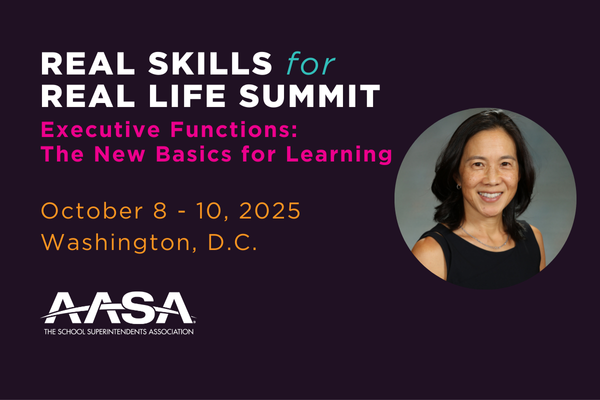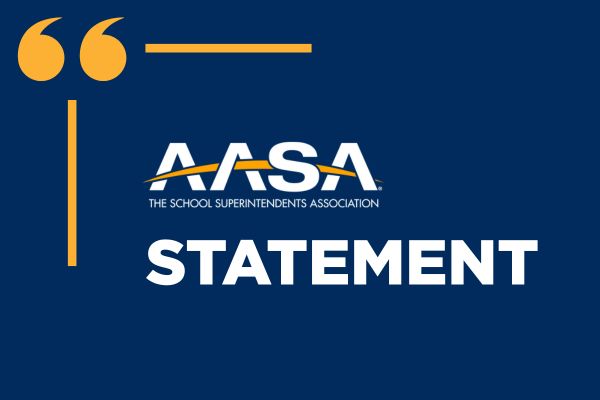Vineland Public Schools: Advancing Student Well-Being Through Community and Care
February 18, 2025
AASA | JED District Comprehensive Approach District Spotlight
Vineland Public Schools, New Jersey

In March 2024, The Jed Foundation (JED) and AASA, The School Superintendents Association, announced the selection of 15 school districts to participate in the District Comprehensive Approach (DCA) pilot, a transformative program that guides districts in improving systems of support for pre-K–12 students’ emotional well-being. The program, now called the JED and AASA District Mental Health Initiative, is currently enrolling new districts into future cohorts.
This is part of a series of posts that will explore each of the 15 districts and their work learning and leading powerful mental health and suicide prevention practices that will benefit students around the country.
District at a Glance:
District: Vineland Public Schools in New Jersey
Number of Schools: 16
Number of Students: 11,000
About the District: Vineland Public Schools (VPS) is among the 20 largest school districts in New Jersey and serves close to 11,000 students. The district’s mission is to ensure a safe, creative, stimulating, and caring environment that
promotes self-esteem, sound character, responsibility, and respect for diversity.
Superintendent: Alfonso Llano
JED and AASA asked VPS superintendent Alfonso Llano what the district hopes to accomplish during its time in the program. (Responses have been edited lightly for length and clarity.)
What is your primary reason for participating in the DCA inaugural cohort?
Participating in the District Comprehensive Approach allows our district to establish tools to help our students recover from the mental health effects of isolation during the COVID-19 pandemic and grow socially and emotionally. We are honored to be chosen as a participating district and to work with AASA and JED to assist our students, families, and staff in developing and implementing a comprehensive approach to mental health.

Explain why student emotional well-being is a priority for you, your district, and your community.
Because of the high poverty level where VPS is located, as well as its rural location, our district has limited resources — and the resources we do have for students are maxed out with wait lists.
We know we need to prioritize emotional and psychological well-being so our students can learn and grow academically. Participating in the program means our students will get additional support and services that would not have been available to them otherwise.
How can students and their families and caregivers benefit from your district participating in this program??
The additional resources and recommended practices give families more options to support their children’s mental well-being. We hope to weave these resources into the family activities that are held at each of our schools.
Where do you hope to move the needle in your district as it relates to mental health?
Our district does a great job of understanding and addressing mental health challenges, but we can always do better. Participating in this program allows us to continue to grow and add new tools to assist our students. Working with a District Mental Health Specialist also gives us a valuable outside perspective on what we do well and how we can do it even better.
How does involvement with the DCA program impact public education nationwide?
This partnership shows that nonprofits can join forces with public education to create an action group that benefits all involved.
We hope to provide our support teams and staff members with a better understanding of the supports, services, and resources available to students, along with a wider variety of tools to support student mental health and emotional well-being within the school setting and classroom environment.
Read about the other school districts participating in the District Comprehensive Approach:



